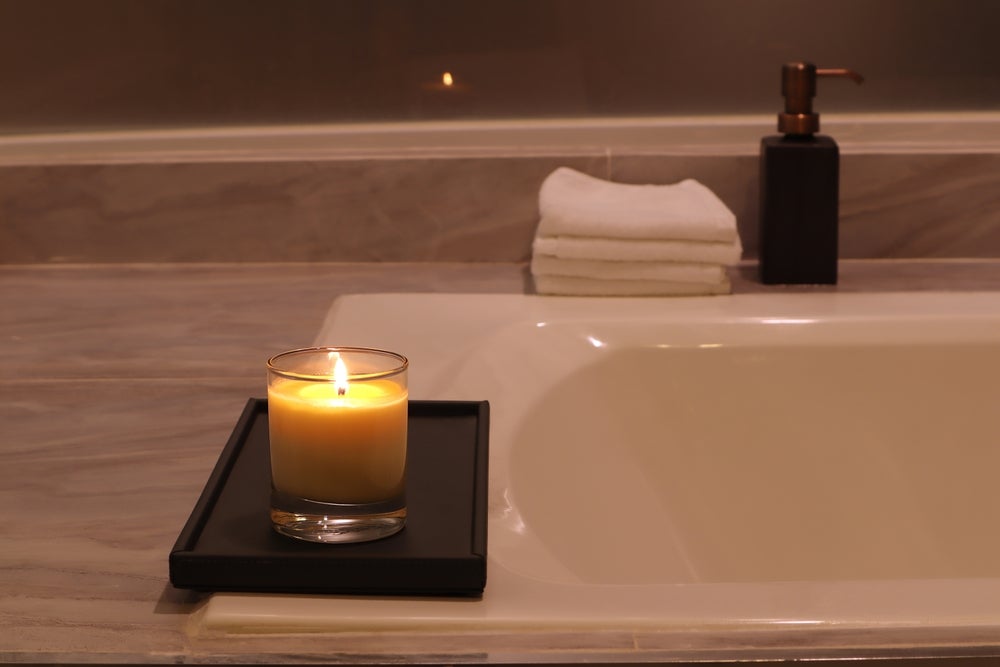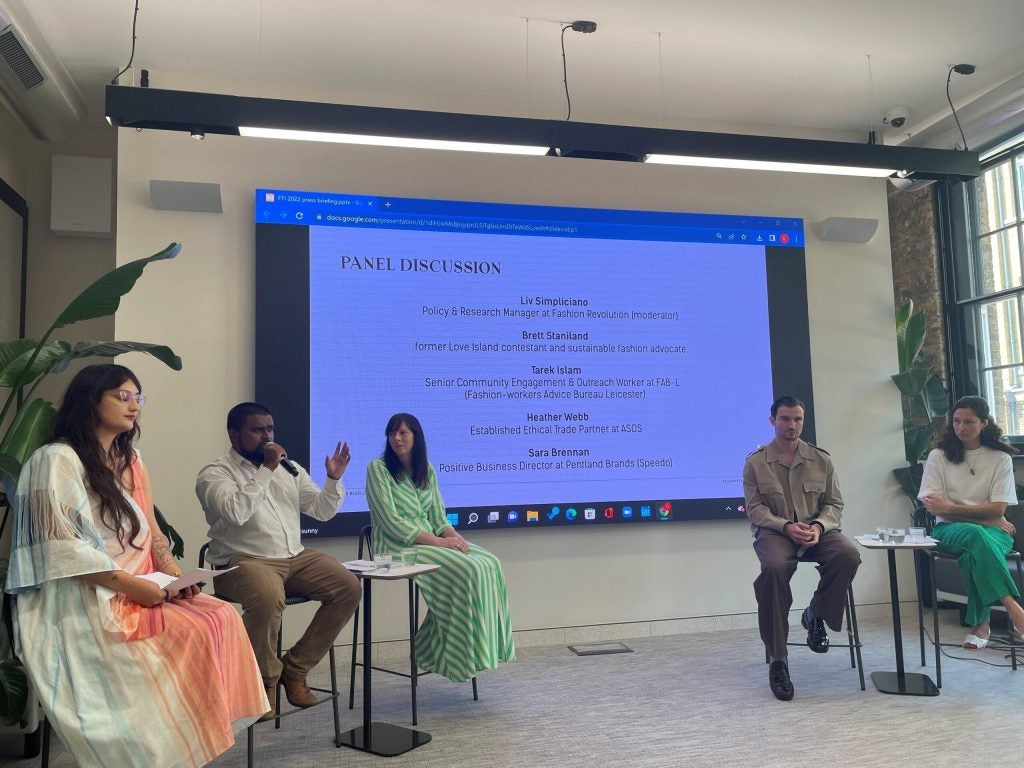
With Kurt Ritter, the superlatives are in the statistics – over half a century spent in hospitality, with 30 years at Rezidor; general manager at 27, and regional vice-president within ten years. He became president and CEO aged just 42, with responsibility for 16 properties and, two decades on, that figure stands at 325 hotels across five brands, spanning 51 countries, with plans for 20,000 new rooms by the end of 2009.
However, a deeper truth lies beneath the numbers. Spend time in Ritter’s company and the most striking discovery is how much of the hotelier remains. Years away from front-line service has done little to diminish the charm and roving eye of the consummate GM, a journey that started as a small child at his mother’s 50-room hotel in the Swiss Alps.
It is a sad state of affairs that Ritter’s combination of École hôtelière de Lausanne diploma and multinational business nous is now unique. "I’m the only guy left in the big league who has the background," he says with a shrug. "Look at the guys from Sheraton, Hilton or InterContinental; they’re all from the outside. I’m not saying that makes them any worse, but I couldn’t take over at a car manufacturer. Running a hotel business needs to come from the heart."
COMEBACK KID
It is remarkable that Ritter’s heart has remained true for so long, considering the industry shifts he has witnessed since the role of CEO was thrust on him in 1989. That was the same year SAS, as Rezidor was known then, acquired 40% equity participation in the InterContinental group. That deal, together with war in the Middle East and recession in Japan, almost broke the business. "Our debts were so bad, I was embarrassed to tell my own mother," says Ritter – but it
was also the making of the man.
See Also:
"We had bad guest and employee satisfaction," he recounts. "The unions and the press were against us. I called my GMs for a meeting on a rainy morning in Copenhagen and laid it out: either we put in a superhuman effort or we jump overboard. I needed to see they were behind me."
How well do you really know your competitors?
Access the most comprehensive Company Profiles on the market, powered by GlobalData. Save hours of research. Gain competitive edge.

Thank you!
Your download email will arrive shortly
Not ready to buy yet? Download a free sample
We are confident about the unique quality of our Company Profiles. However, we want you to make the most beneficial decision for your business, so we offer a free sample that you can download by submitting the below form
By GlobalDataHe received a unanimous vote of confidence and in 1994, SAS managed to break even. "It wasn’t a profit but it was a start," says Ritter. "We had done it all through savings and it felt as though I was running a skeleton – no meat on the bones." The meat arrived in the form of a groundbreaking master franchise agreement with Carlson Companies that saw dual branding with the US’s established Radisson hotels, then a relative minnow in the European
market.
"There may have only been five or six over here," Ritter explains. "But we suddenly had a directory of 300 hotels that I could slam down on an owner’s desk and say: ‘Look at us!’ It was a lot of hot air, but people stood up and took notice." This is an understatement. In order to maintain franchise exclusivity, Ritter needed to launch eight hotels a year – having only managed 20 openings in 34 years, it is understandable that the SAS board labelled Ritter ‘The Mad Man’.
They needn’t have worried: 25 arrived in that first year alone, setting a precedent for the rate of growth ever since. Along the way, he returned to Carlson in 2002 and signed a further strategic agreement that saw the newly christened Rezidor SAS Hospitality become master franchiser in EMEA for three additional brands: Park Inn, Country Inn and Regent. Park Inn alone has already established over 100 hotels under Ritter’s watch. When the group went public in November 2006, one
could have forgiven Ritter for feeling as though his journey had come to an end.
"Sure it’s different," he says of sitting atop a publicly listed company. "But I have experience of getting used to change." The current economic doom and gloom might be cause for regret, but Ritter, despite the group’s ambitious expansion plans, seems bullish. "There are always some buts," he says. "We are now in 51 countries. If one market is going well, that does not necessarily account for all of them. The only thing I can do as CEO is ensure we follow through on our promises. 2007 was positive from every angle and we’ve not felt any slowdown. We’ll ride it out and see what happens."
SLOW HAND
The smoothness of that ride may determine the success of Rezidor’s new Missoni brand, to be launched next year. Lessons have been learnt from previous unsuccessful ventures into the lifestyle arena with Malmaison (2000) and Cerruti (2003), and Ritter’s enthusiasm for the project is contagious.
"I now know that you have to go all the way," he says. "The Missoni family did not want me to just open a modern hotel, add a few of their furnishings and sit back. It has been fully designed by Rosita [founder and chief designer] and will be a complete package. It took us longer than expected, but we had to get the brand completely right."
The roll-out will be slow, with three or four hotels opened each year – starting with either Edinburgh or Kuwait. A scaled-down version has been installed at the fashion house’s Italian HQ in Sumirago, with two rooms, corridor, bar and restaurant. "It has become rather a pilgrimage for hotel owners," says Ritter. Personnel will be sourced from under the Rezidor umbrella. "It’s hipper than our other brands and staff will need to reflect that," Ritter
says. "We have 300 GMs and if there are not any among them with that élan and panache, then we must be a very boring company. We can already talk about our modern Radissons in cities such as Frankfurt, Dusseldorf and Birmingham as lifestyle hotels and the people are in place."
This cuts to the core of Ritter’s attitude to staff retention and internal promotion. With 95% of its GMs home-grown, Rezidor is unrivalled in this department, and it is an approach based on the CEO’s experience as a young food and beverage manager at a Ramada property in Sweden.
"I was a boy," he chuckles. "I knew I was good at my job but, beyond that, I was young for my age and getting up to all sorts. Suddenly, these lunatics are telling me I’m general manager – at 27! I thought they didn’t know what they were doing. But what I did know, even then, was that perception equals reality."
This memory underpins the many schemes Rezidor has in place for internal development. All departments are encouraged to be on the lookout for fresh promise. As these people get closer to the maturity levels of a GM, they enter a mentoring scheme – a GM’s success as mentor is closely monitored and factored into the annual bonus. "We do not want hoteliers sitting on their good staff," Ritter explains. "Either we move these people upwards or they move on. It’s a calculated risk; a hole will always be made through filling another one, but that’s life." Accusations of inbreeding are countered by the argument that when Rezidor acquires a property, an increasingly frequent occurrence these days, it promises zero redundancies.
"When we say everybody, we mean everybody," says Ritter, citing last year’s purchase of the InterContinental Dubai as an example. "We moved the GM on to the Regent in Zagreb, and the rest were told, in no uncertain terms, that they were welcome to stay. Anything else is arrogance."
ONE-MAN BRAND
Managing to maintain this personnel-driven culture across five brands seems a daunting task. Again, Ritter draws on his past. "It’s vital to keep the organisations separate," he says. "When SAS bought its share of InterContinental, I was made responsible for the group’s second brand, Forum Hotels. My first question was: ‘What is a Forum hotel?’ Well, it was a property deemed not good enough to be an InterContinental – it was even used as a threat
for staff and owners: ‘Underperform and you’ll find yourself with Forum.’ How can one be proud of a brand whose raison d’être is that it’s not good enough to be anything else?"
A lack of snobbery and an enthusiasm for the US model remains, as does a constant focus on innovation. He is particularly proud of introducing free internet access across all rooms. "As a little boy, my mother had a 55-room hotel with just two bathrooms. If somebody wanted a bath, two francs were added to the bill. Can you imagine that now? Well, getting online is becoming as important as taking a shower. It was a big decision, but it will prove to be the right one."
This willingness to rail against the status quo has been a great enabler for Rezidor over the years, but does Ritter still feel capable of breaking the mould with multiple stakeholders breathing down his neck? "I don’t do these things out of the goodness of my heart," he says. "As long as I’m convinced it’s a good idea, why should there be any problem?"
Ritter’s only obstacle might be age. At 62, does he have a mentor-mentee system of his own in place? "It’s always difficult to have a plan for succession, because you either need to be fully in charge or not at all," he responds. "That said, I surround myself with people I know will end up as CEOs, either here or elsewhere, and that accounts for a great deal of my success."
But having created a company built in his own image, how will he know when the time has
come to pass on the reins? "One thing that has worked to my advantage is that I am self-critical," Ritter responds. "Some 12 years ago, I told my team that as soon as they see signs of hesitation or ageing they need to tell me. If I’m no longer bright enough to see it myself, I’d rather be able to withdraw in glory than collapse over the balcony."
That will not be happening any time soon, but Ritter knows that a tipping point will come. "I’d hate to see the day we hit 2,000 hotels," he says, a statement that would set alarm bells ringing in most corporate boardrooms. "That’s when we become a factory and the entire product is not so personal. I’ve just had a guest on the phone following a problem with one of our hotels in Egypt. We are still of a size where I can afford that level of service. I became
CEO with 16 hotels and have taken that number to over 300. Some colleagues hit the ceiling along the way, but I’ve stayed the course. I won’t be overseeing growth into thousands; that will require another personality entirely."
The day Ritter retires another vital statistic will be born: no multinational hotel group will boast a genuine hotelier at the top of its organisation.







